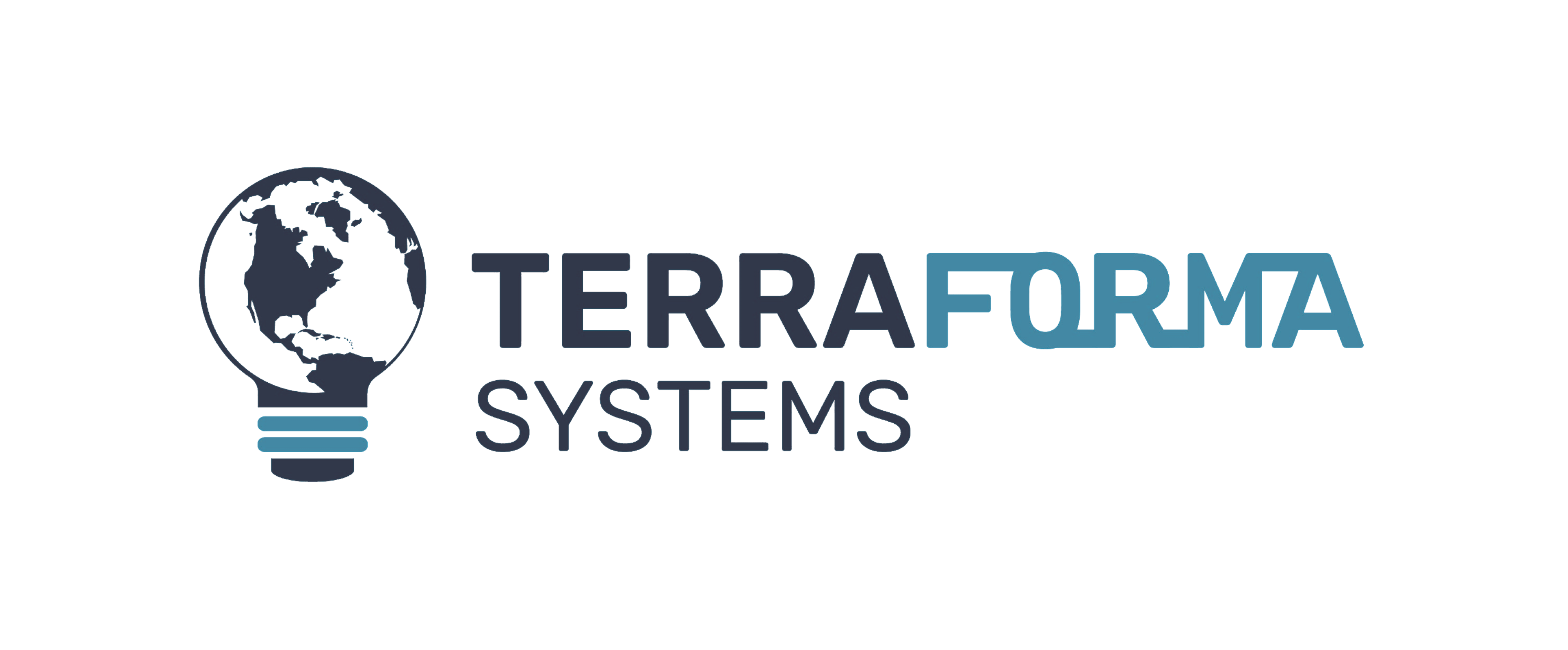
Hosted Sorting Stations— A Key to Sustainable Waste Management
Jan 6, 2025
2 min read
Hosted sorting stations are emerging as an integral solution to improving waste management in high-traffic areas like food courts, and malls. These systems combine human oversight with innovative waste diversion techniques to minimize landfill contributions, reduce contamination in recycling, and align with environmental regulations.
What Are Hosted Sorting Stations?
Hosted sorting stations are designated areas where one can dispose of waste under guidance. Unlike traditional waste bins, these stations often include multiple clearly marked receptacles for organics, recyclables, and landfill waste. Staff members stationed there help ensure waste is sorted correctly, preventing common mistakes that contaminate recycling streams. Some systems are enhanced with signage or digital displays to educate users on proper disposal practices.

Environmental and Operational Benefits
Waste Diversion
Hosted sorting stations significantly improve waste diversion rates by ensuring organics and recyclables are properly separated from non-recyclable waste. This not only reduces landfill waste but also supports broader on-site composting and recycling goals.
Sustainability Goals
With initiatives like Canada’s Zero Plastic Waste mandate by 2030 and regional organic waste bans, these stations help public spaces comply with environmental regulations. Facilities that implement these systems report reduced environmental footprints and improved waste management efficiency.
Material Reuse
Hosted sorting stations are often built with recycled or sustainable materials, such as high-density polyethylene (HDPE) plastics. This approach aligns the construction of sorting stations with their purpose—reducing waste throughout the entire lifecycle.
Educational Opportunities
Sorting stations serve a dual purpose as both waste management tools and educational platforms. By providing clear instructions and real-time assistance, these stations foster public awareness about sustainable practices. The presence of trained personnel can also encourage behavioral changes, transforming how people view waste disposal in public settings.
Challenges and Opportunities
Challenges
Engagement
Encouraging users to actively participate in waste sorting can be difficult, especially in fast-paced environments like food halls.
Costs
Staffing and maintaining these systems involve operational expenses that some facilities might find challenging to justify without external funding or subsidies.
Opportunities
Regulatory Compliance
As governments tighten waste disposal regulations, hosted sorting stations are a proactive way for businesses to align with new requirements.
Branding and Public Image
Facilities that adopt these stations position themselves as sustainability leaders, which can attract eco-conscious customers and boost community efforts.
Future Directions
Looking forward, hosted sorting stations will continue to evolve as an effective way to reduce waste contamination and improve diversion rates. Incorporating solutions like the T-REX Composter enhances these efforts by processing organic waste on-site, turning it into valuable soil amendments and supporting sustainability goals.
By combining practical solutions with education and innovation, hosted sorting stations represent a pivotal step in tackling the global waste crisis. Whether reducing contamination, supporting waste diversion, or meeting sustainability mandates, these stations are setting the stage for a greener future.






